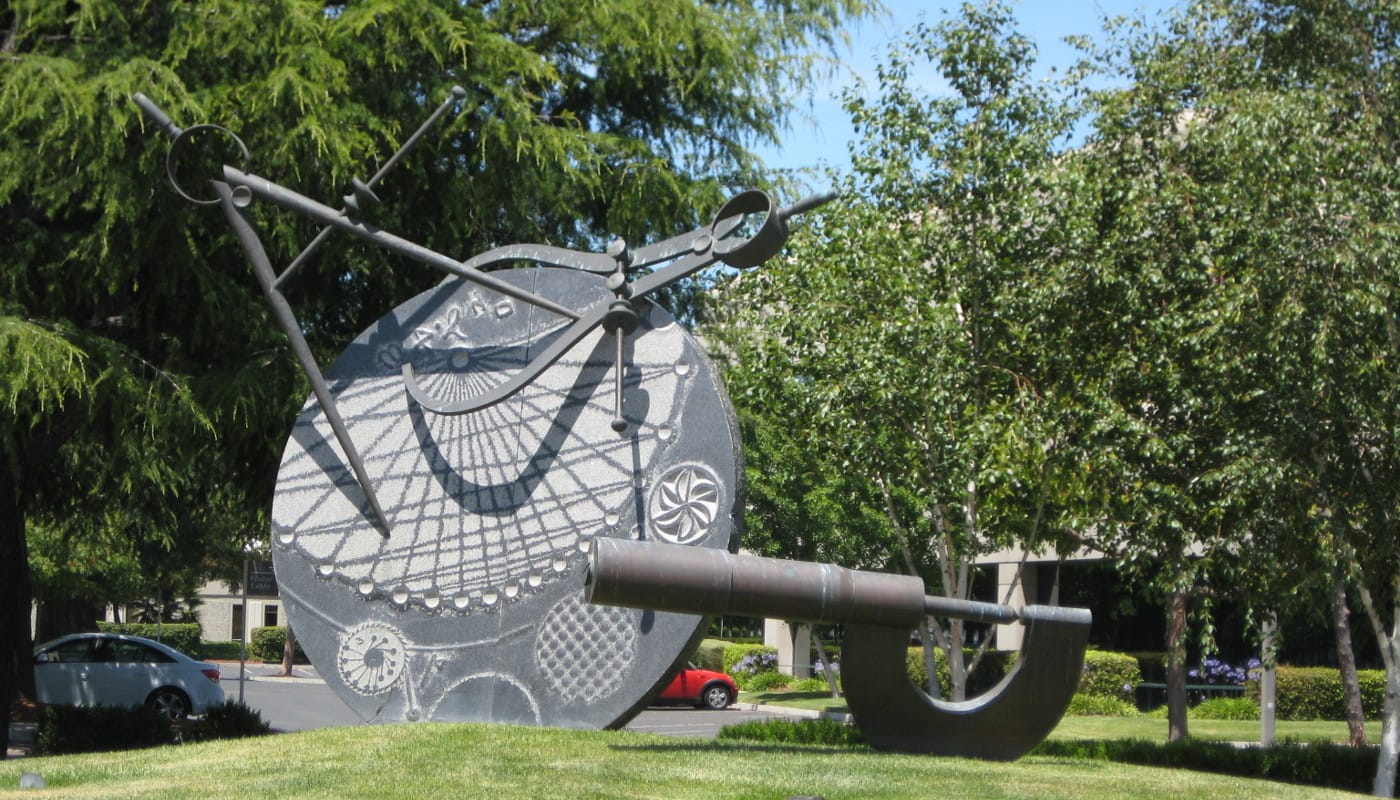
Hamid Mokhtarzadeh
Hamid is Principal Navigation Engineer at Organic Navigation and has expertise in sensor fusion, navigation systems, and custom engineering software tools.
Hamid is Principal Navigation Engineer at Organic Navigation and has expertise in sensor fusion, navigation systems, and custom engineering software tools.